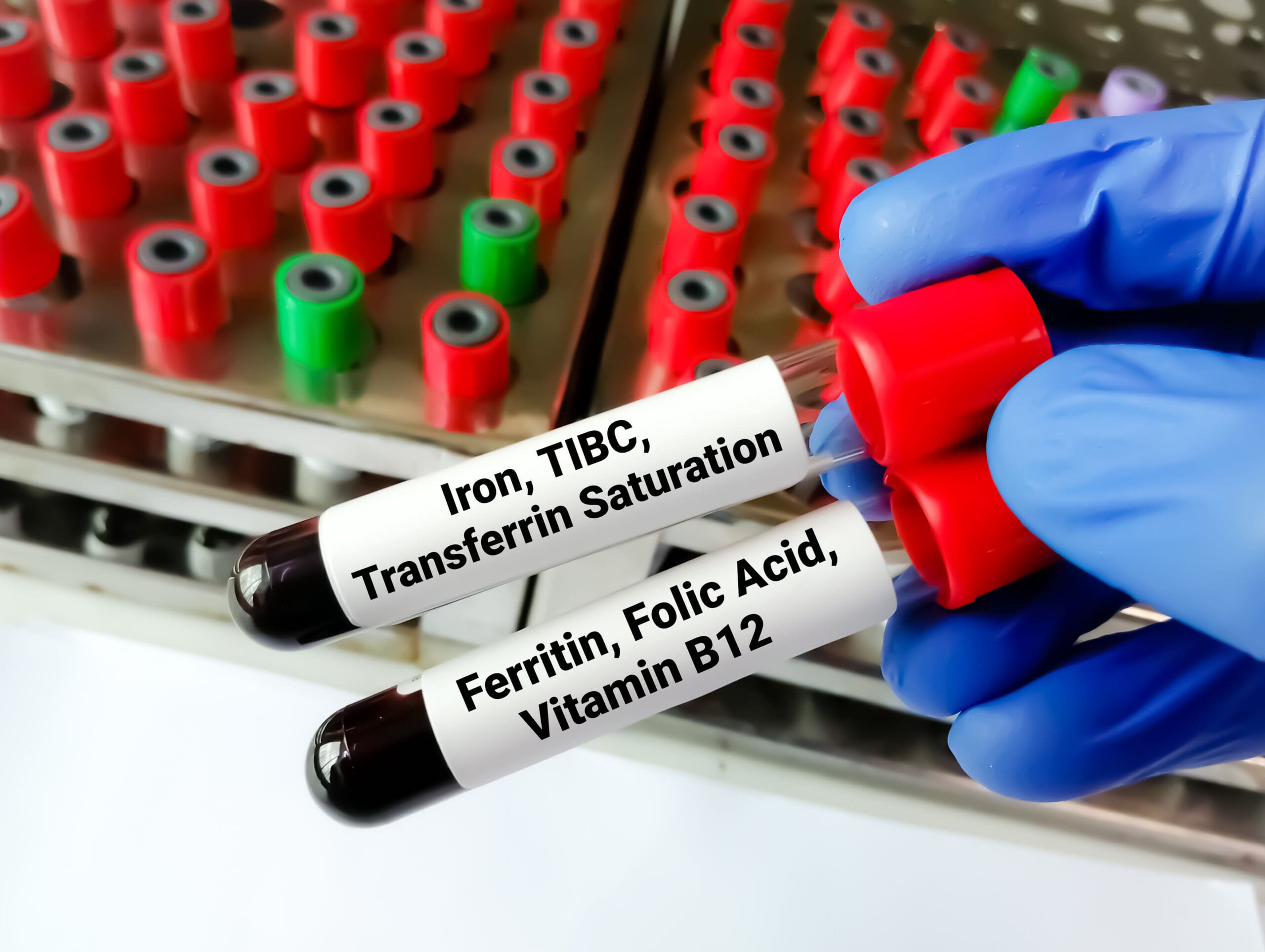How sugar harms your liver
By naturopath Margaret Jasinska
We all know sugar is bad for our health if eaten in excess. Knowing that isn’t always enough incentive to stay away from it. Foods that contain sugar taste good. Sugar can give you a burst of temporary energy if you’re feeling really tired, and it does affect brain chemistry in a way that can briefly reduce anxiety and nervous tension.
I believe knowledge is power. The more you understand about how certain foods can negatively impact your health, the more likely you are to stay away from them most of the time.
Sugar has some pretty terrible effects on the liver and the gut, especially in people who are insulin resistant or have preexisting gut issues. Eating too much sugar is the biggest risk factor for developing a fatty liver. In fact sugar has the potential to cause as much damage to the liver as alcohol. People vary greatly in their tolerance level to sugar. If you have a family history of type 2 diabetes or polycystic ovarian syndrome, even small amounts of sugar may cause your liver great harm. The information that follows may be relevant to you.
When you eat sugar, inflammatory chemicals called cytokines are released by your body. If sugar is consumed on a regular basis, it can cause chronic and systemic inflammation throughout your body. Inflammation in the liver can lead to damage or enlargement. Sugar has also been shown to directly suppress the immune system. When the immune system is suppressed, the chance of catching a viral or bacterial infection is increased and the body’s ability to fight infections is compromised.
When you eat sugar, it encourages the growth of sugar-loving bacteria in your intestines. The bacteria can multiply and reach very high levels, causing small intestinal bacterial overgrowth (SIBO). This usually causes fungal overgrowth in the gut too. This overgrowth inflames the wall of the small intestine, creating a leaky gut. A larger quantity of waste products can then make their way into the bloodstream, and head straight for the liver. This can cause a fatty liver and inflammation.
When the liver is fatty its ability to remove toxins from the body is impaired. The liver becomes sluggish, toxins stay in circulation for longer periods of time and start to cause wear and tear to cells, tissues and organs in the body, ageing you more rapidly. When the liver is not functioning optimally, its ability to burn excess fat is reduced, worsening a fatty liver and making it very hard to lose weight.
The simple solution would be to stop eating sugar. It’s not always that easy though. Sugar is hidden in many processed foods where you wouldn’t expect it. Also, high carb foods like bread, pasta, rice and breakfast cereals have a high glycaemic load and behave like sugar in your body. Eating those foods can keep sugar cravings alive and make it harder to stay away from it. There is an easy to follow eating guide in Dr Cabot’s book Fatty Liver: You Can Reverse It.
If you are addicted to sugar, you could feel pretty dreadful when coming off it. Taking a pure Tyrosine supplement can help to stabilise your mood by assisting neurotransmitter production. Magnesium can help to calm your nervous system and improve sleep quality. If your liver is not as healthy as it could be, LivaTone Shots tablets contain St Mary’s thistle, selenium and taurine, to protect liver cells and support detoxification.
Keeping your sugar intake to a minimum is worth it if you care about your health. It’s also good to remember that the less sugar you eat, the less sugar you’ll want. Your taste buds really will change.









Leave A Comment